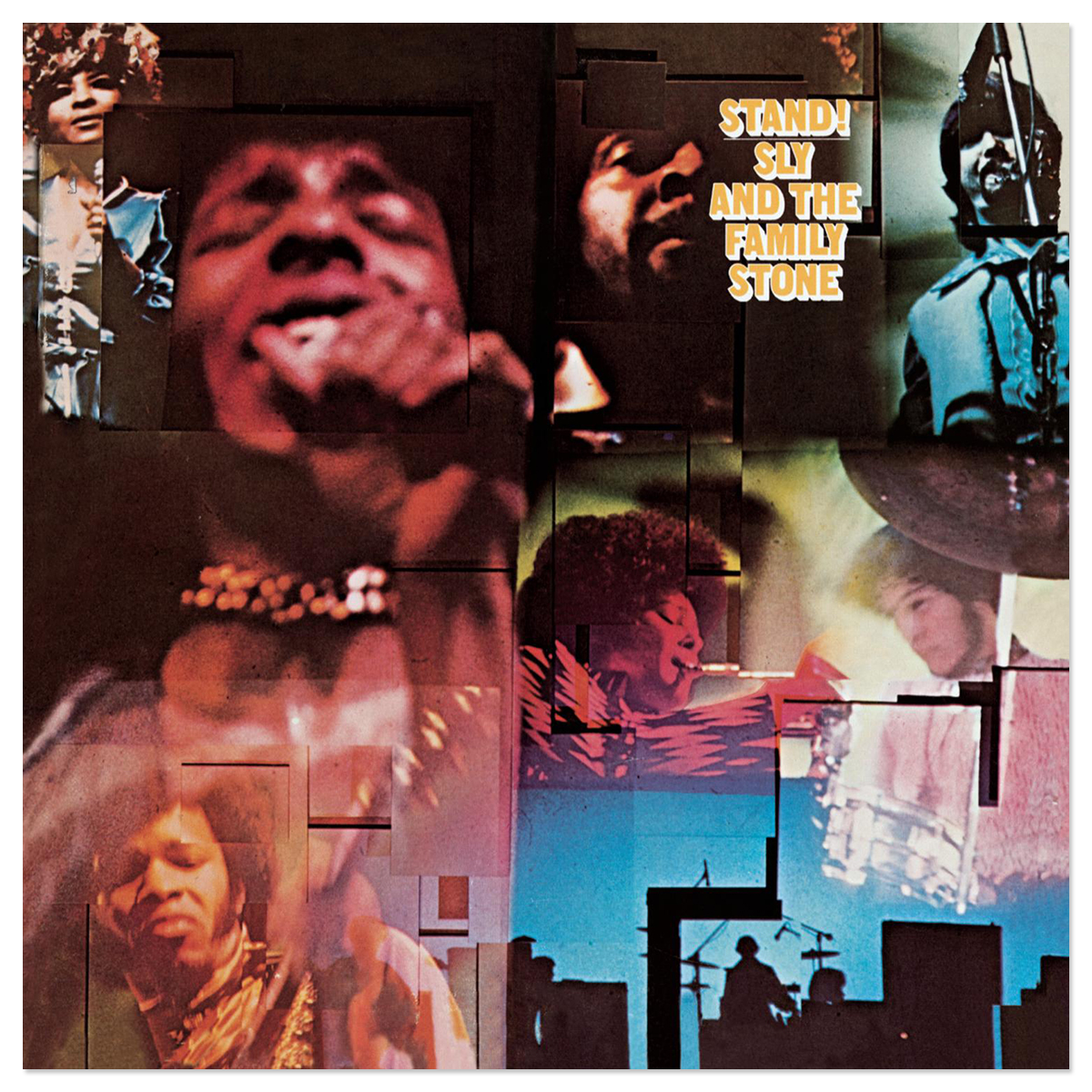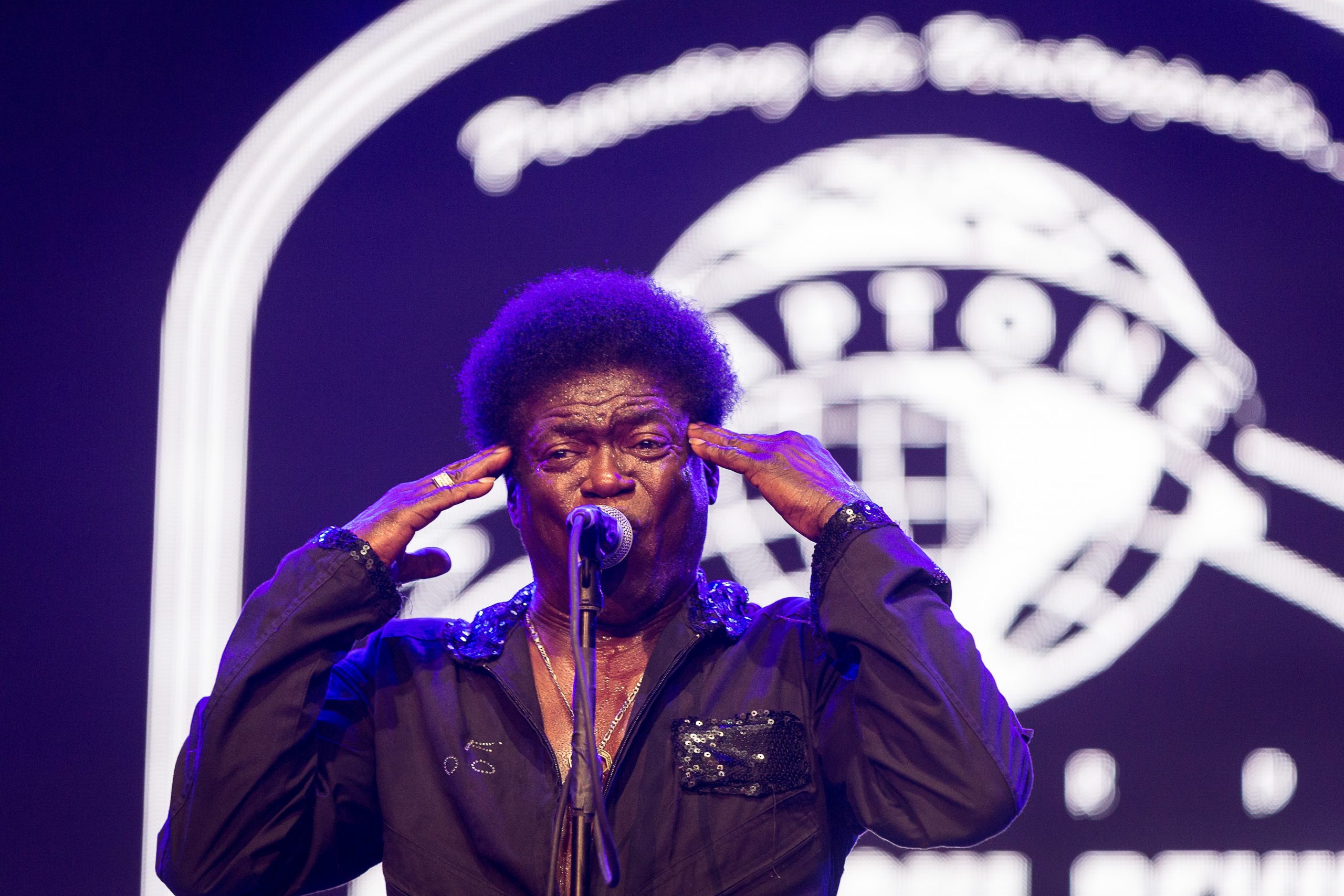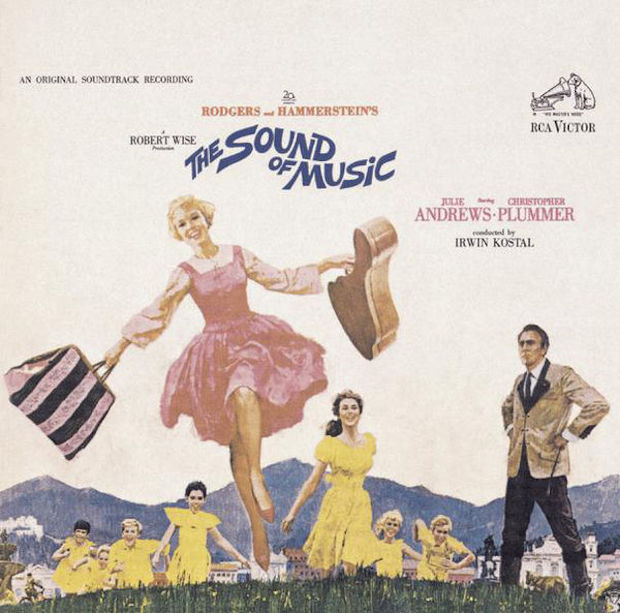Thirty years ago today, Public Enemy rewired the brains of hip-hop heads, skatepunks, heshers, and pretty much everyone else who got pulled into their orbit in the late '80s when sophomore release It Takes A Nation Of Millions To Hold Us Back dropped on Def Jam. Still a prime candidate for the greatest full-length to come out on the same label that gave us The College Dropout, Vol. 2... Hard Knock Life, Tical, The Great Adventures Of Slick Rick, and Reign In Blood, Nation Of Millions was a revelation in a still-coalescing golden age of hip-hop.
As both an expression of Black defiance coming out of the Reagan era's gauntlet of humiliation and a work of sample-based production that amplified James Brown's revolution of the mind into the hardest distillation of classic hip-hop metallurgy ever heard before (and for a long time after), it eclipsed even their own underground-incendiary debut Yo! Bum Rush The Show and became the hip-hop album to canonize for decades afterwards. As recently as 2012, being given a platform to shrug at it -- especially if you're an inexperienced young Drake fan -- was enough to spur weeks of online debate about whether it was worth holding up a previous generation's artwork to that kind of surface-level scrutiny (and give ?uestlove a teaching gig in the aftermath).
As for the question of "why" when it comes to an artist's importance, one of the simpler ways to look at what a musical act's work does to reverberate through years and scenes is to look at who figured it was worth the time, effort, and transformation to put that work in their own image, or at least something close to it. Public Enemy's discography -- particularly their first four albums, from Yo! Bum Rush The Show through Apocalypse 91... The Enemy Strikes Black -- looms large both inside and outside of hip-hop culture in a crossover sense that few rap groups from the late '80s and early '90s really did -- you'll note that this is, so far, the first Gotcha Covered to even center around covers of tracks by a rap group, and out of the seven covers I write about here, only one of them actually comes from another actual MC from the hip-hop world.
How and why this is, and what it means for the actual ways in which Public Enemy reached both their sincere listeners and their surface-level imitators, will take some explaining.
fIREHOSE, "Sophisticated Bitch" (1989)
PE caught flack back in the day for some loosely anti-woman lyrics -- sure, they weren't doing anything as relentlessly loathsome as the sex worker-murdering shit on the second half of N.W.A.'s Niggaz4Life, but considering they had a role as politically minded spokesmen in the world of popular music, they still managed to disappoint some listeners who were looking for allies against white male corporate oppression. And sometimes it just feels misguided, like how "Sophisticated Bitch" addresses the classist and color-skin-privilege implications that can come up in potential relationships, but still feels hard to separate from its casual slut-shaming.
Where Public Enemy's "Sophisticated Bitch" is best remembered as one of the better examples of old-school rap-rock thanks to the surly guitar riffs supplied by a then-underknown Vernon Reid (a year before Living Colour dropped Vivid), it sounds kind of weird coming from fIREHOSE, Mike Watt and Steve Hurley's post-Minutemen group featuring guitarist/vocalist Ed Crawford. Not bad, mind you, but weird -- in this live performance from Chicago's Cabaret Metro in 1989, as well as the one recorded two years later that appeared on 1992's Live Totem Pole EP, ed fROMOHIO sounds bratty where Chuck D sounded fuming, and considering how many verses they cut out (right from the first to the fourth) it's tempting to wonder if the band themselves thought it was a questionable fit. It sure as hell works as music, though, and if you don't think about it too hard lyrically -- or at least think about it as an idiosyncratic metanarrative by the same band that gave us "Anti-Misogyny Maneuver" -- it's worth salvaging.
Follow For Now, "She Watch Channel Zero?!" (1991)
"She Watch Channel Zero?!" earned some opprobrium for its surface-level misogyny, too, but it's still a strong media critique, even if its focus on the brainwashing potential of soap operas while Flav gets agitated about wanting to watch the Super Bowl and a Tyson fight feels like irony in hindsight. Also ironic in hindsight: the career of Follow for Now, an Atlanta hard rock/funk-metal/hip-hop band that could've been way bigger if the alt-rock-besotted record industry still couldn't bring themselves to make room for the first Living Colour, let alone a band typecast as another one (read: they play rock... but they're Black???). It didn't help that Chrysalis Records confined them to a studio setting that didn't let their rep-making live-show intensity shine through, especially by handcuffing their dynamic drummer Enrique as the album's producer replaced him and laid down standard rock-drum tracks in his place.
Even in their watered-down form Follow For Now, who already evoke PE with their "Bring The Noise"-echoing name, still sound like a natural fit to take on the Slayer-sampling churn of "She Watch Channel Zero?!," a selection that had become one of their signature songs; singer/keyboardist Billy Fields even reproduces Terminator X's scratches with a synthesizer riff, giving the whole thing a faithful if somewhat more organic feel that gains in metallic menace (check out the Sabbath-as-fuck intro) what it loses in Flav ad-libs.
Barenaked Ladies, "Fight The Power" (1993)
OK, listen, I know you want to press play on this out of morbid curiosity, but let me clarify a few things: First, I do not actually hate my readers to the point that I wish them the harm that comes with hearing this. Second, I hope that my ability to convey this cover's precise qualities (if "qualities" is the word) (it isn't) will suffice without having to require anybody reading this to experience the song itself. Third, this is from the Coneheads soundtrack, and have you seen The Coneheads? If so, I think it probably makes sense to look at it this way: Barenaked Ladies:Public Enemy::The Coneheads:Do the Right Thing.
So you know that piece of shit song "One Week," right? (Anyone scowling at me calling it a "piece of shit": I'm sorry if you have some kind of misguided affection for "One Week," but again, I've had to listen to Barenaked Ladies smother "Fight The Power" in artificial vanilla-scented Nerf so I'm not feeling particularly charitable towards this band's whole oeuvre right now.) You know how Ed Robinson "raps" on "One Week" and it almost sounds technically interesting in a gormless Canadian Eminem kind of way except he's spitting lines like "Gonna make a break and take a fake/ I'd like a stinkin', achin' shake/ I like vanilla, It's the finest of the flavors"? Now imagine that voice attempting to convincingly sell you on every single Chuck D lyric -- including a terrible joke-riff on the "Elvis was a hero to most" verse that tries to make the "but he..." line into a series of Buddy Ebsen/Rich/Hackett namedrop fakeouts -- while the band attempts to reproduce the Bomb Squad's James Brown-built walls of confrontationally heavy funk with a band that makes Ben Folds Five sound like the Ohio Players. They also change the line from "I'm black and I'm proud" to "it's black and it's proud," but this song sounds neither.
FUN FACT: This is the cover I decided to write about instead of the version that Korn did with Xzibit for the XXX: State Of The Union soundtrack. It is also the cover I decided to write about instead of the 2008 Vanilla Ice version. I'm not linking to those, and I almost feel like the latter one should be redacted from this article, and also history. How bad can a Public Enemy cover get?
Duran Duran, "911 Is A Joke" (1995)
Well, shit.
OK, I actually like Duran Duran, at least to the point where I fuck with their '81 self-titled and their MTV-tailored megablockbuster Rio, besides which Nile Rodgers' remix of "The Reflex" is one of the best instances of delayed gratification buildup of its entire decade. Now just to drop a reminder, that entire decade in question is The Eighties, which is a far more pluralistic and multifaceted period of popular culture than typically sold to millennials, who have tragically been led to believe it was a pastel John Hughes happyland instead of a dry run for our current hellworld of class war and government by a badly-coiffed television sociopath. Even though I lived through them, it's still a bit weird to imagine the Eighties as the decade that also gave us Public Enemy, since they're so often left out in the cartoon nostalgia version of the decade peddled by the worst members of Generation X (whom I apologize for on my demographic's behalf), but they really did share space. Not necessarily at their peaks -- 1988's Big Thing isn't exactly on It Takes A Nation Of Millions' level when it comes to career arcs -- but whatever, it's a big world.
Just not big enough for Duran Duran covering Public Enemy to make any sense at all: Two years after breaking out of a moribund late '80s with 1993's unlikely modern rock comeback Duran Duran (The Wedding Album), they hucked all that re-earned goodwill directly toilet-wards with Thank You, a covers album that sounded grotesquely point-missing whether they took on their predecessors (Sly & the Family Stone's "I Wanna Take You Higher" as faux-Madchester), their contemporaries (Melle Mel's "White Lines" as brickwalled proto-nu-metal guitar barf), or the one track by a band that formed after they did. That band being Public Enemy is bewildering enough -- in what world could a midlife crisis synthpop act even reasonably adapt the Bomb Squad? -- and the song being Flavor Flav showcase "911 Is A Joke" is even more perplexing (isn't it called 999 where Duran Duran come from anyways?). But guess what? Duran Duran are not only bad at hip-hop, they're abysmal at what they turned this song into: country blues. No. No no no no no.
Pharoahe Monch, "Welcome To The Terrordome" (2007)
https://youtube.com/watch?v=Zw7t3kxiheo
I probably won't win any new fans saying this, but fuck it: When it comes to Queensbridge MCs who emerged in the '90s, I'll take Pharoahe Monch over Nas. By a real slim margin, to be fair -- Illmatic and Organized Konfusion's Stress: The Extinction Agenda regularly trade the #1 spot of my favorite hip-hop albums of '94 depending on my mood, and I'd need scientific equipment that hasn't yet been invented to help me figure out if "Simon Says" or "Made You Look" gets me more amped -- but as far as lyrical complexity, punchlines, flow, storytelling, conceptual ideas, and personality go, Monch feels more directly visceral and revelatory to me. (He's also got such a distinct voice that you can instantly tell when he's ghostwriting for someone like, say, Diddy.)
So: How often do you hear MCs actually straight-up covering other MCs' already-famous verses, and among those, how often do you hear them do it better? Granted, Monch tweaks his usual sharp-edged blade of a voice to epitomize the blunt-force delivery that Chuck D brought to the fore, but that just makes the fact that he inhabits the track instead of just reciting the verse that much more powerful. Aside from the nuclear-fire intro that doesn't need much changing to shift its 2007 specifics to a 2018 world -- just swap out Puerto Rico for New Orleans and add a few dozen names to the Sean Bell/Amadou Diallo/Timothy Stansbury roll call -- the big change here is that Monch omits the second verse with the controversial "Crucifixion ain't no fiction" lines that got singled out as anti-Semitic, replacing them with his own continuation of the themes from the first verse into a W-era panic attack that just keeps echoing into the now.
Mr. Chop, "Shut 'Em Down" (2009)
Chuck and Flav were catalysts on the mic, but you can be damn sure that Public Enemy earned as much respect for their beats, whether they came through their in-house funk-deconstructing Bomb Squad or through an outside force. One of those outside forces fatefully put together what many old-school heads (and at least a few newer ones) consider the greatest hip-hop remix of all time: Pete Rock's transformation of the borderline-industrial grind of "Shut Em Down" into a jazz brass call-to-arms, drawing from the same Tom Scott hippie-sax LP that gave us the soul-stirring "They Reminisce Over You (T.R.O.Y.)" riff for production that felt as natural as a heartbeat.
Cheshire, England beatmaker-slash-bandleader Coz "Mr. Chop" Littler came up through the Now-Again Records ranks to do some live-band reverse-engineering for his 2009 album For Pete's Sake, a tribute to Pete Rock's productions that includes a flesh-and-blood rework of "Shut Em Down" that sounds halfway between a cover version and a dub version: the drumming by Heliocentrics member Mike Burnham sounds like they were airlifted in from Lee Perry's Black Ark, Steve Parry's brass gets a boost from Littler and Glyn Williams' garage-goth synths, and there's another layer of sinister purpose added to the existing work's survivalist intensity.
Brownout, "By The Time I Get To Arizona" (2018)
As far as live-band reworkings of the Public Enemy catalog go, good luck finding anything better than the one laid down earlier this year by Austin, Texas's Latin funk powerhouse Brownout, who'd previously come off of a couple EPs' worth of Black Sabbath covers and came into Fear Of A Brown Planet with no sign of letting up on the heaviness. The whole record is choice -- for further reference, I wrote it up for Bandcamp -- but there's a real charge, especially at this moment, hearing their take on 1991's "By The Time I Get To Arizona."
In its original form, producer Gary G-Wiz used a fuzzed-out guitar riff from Mandrill's deep funk classic "Two Sisters Of Mystery" and a scream-laced Jackson 5 organ break to build a sweat-dripping march against Arizona Governor Evan Mecham's unwillingness to officially recognize Martin Luther King Day. Here in instrumental form, the original source material's stretched out a bit further with the horn charts Mandrill used, to the point where the lines between hip-hop beat cover and original sample source cover are slyly blurred. And despite Chuck D's original lyrics being given closure by history -- the musical protest was one of the first that helped raised enough ire and attention to spark a voter referendum that reinstated the holiday in '93 -- Arizona's status as an anti-immigration stronghold, from Senate Bill 1070 to their housing of refugee children separated from their families, gives this beat another reason to seethe.






